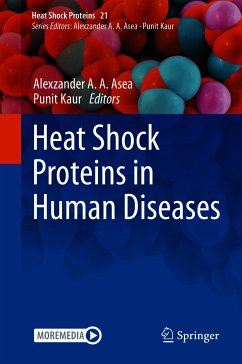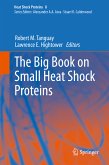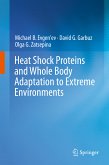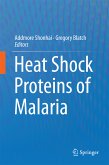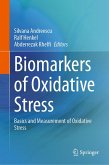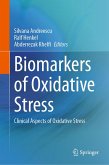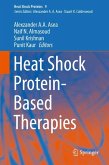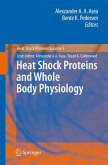Key basic and clinical research laboratories from major universities, academic medical hospitals, biotechnology and pharmaceutical laboratories around the world have contributed articles that review present research activity on the role of heat shock proteins in human diseases and importantly project the field into the future. The book is amust read for graduate students. medical students, basic science researchers and postdoctoral scholars in the fields of Cancer Biology, Oncology, Cardiovascular Diseases, Microbiology, Inflammation, Translational Medicine, Clinical Research, Biotechnology, Cell & Molecular Medicine, Pharmaceutical Scientists and Researchers involved in Drug Discovery.
Dieser Download kann aus rechtlichen Gründen nur mit Rechnungsadresse in A, B, BG, CY, CZ, D, DK, EW, E, FIN, F, GR, HR, H, IRL, I, LT, L, LR, M, NL, PL, P, R, S, SLO, SK ausgeliefert werden.

